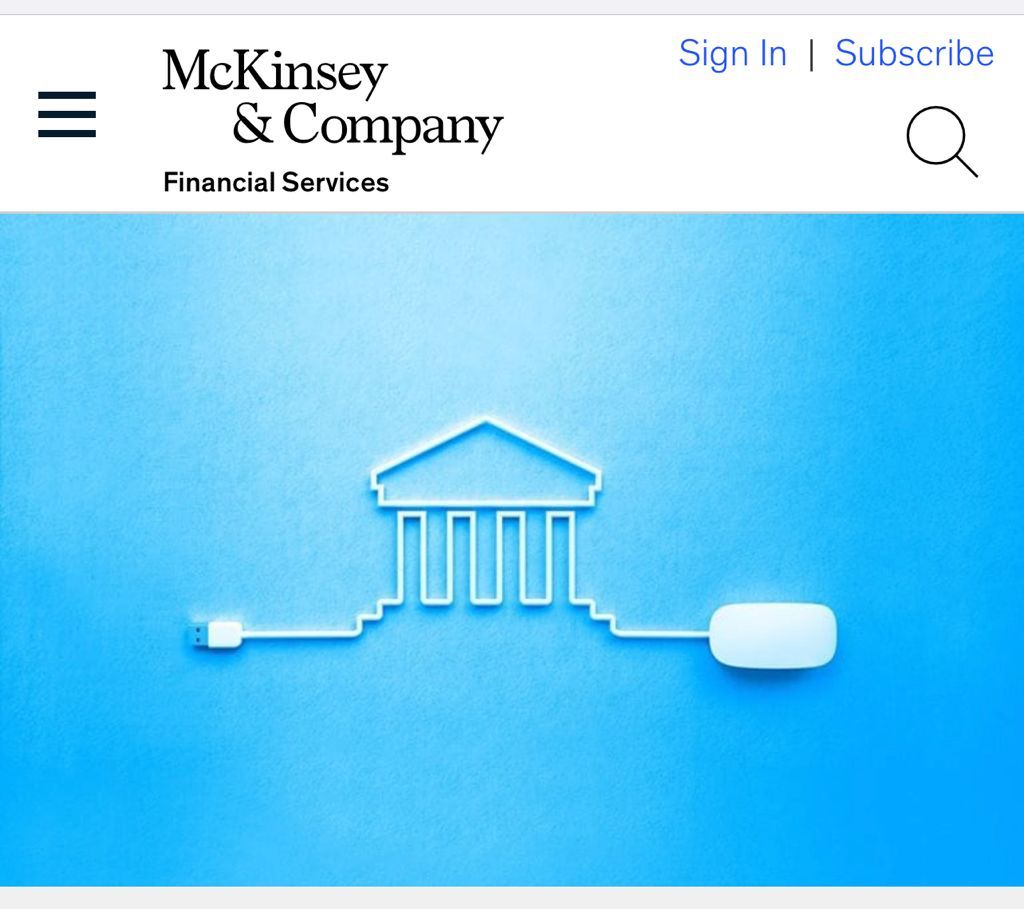Business models—as expected—are often aligned with licensing conditions, which guide how banks can launch and develop. In addition, the adoption and acceptance of various technological developments by regulators across geographies have allowed incumbent banks to modernize while setting the ground for digital banks and fully digital offerings to emerge. Digital-banking regulation has generally evolved gradually. Regulators appreciate digital banking’s potential benefits in terms of inclusion, competition, and customer experience. Still, many regulators have been careful to avoid encouraging opportunism or a free-for-all that would undermine trust and financial stability.
Dedicated digital licenses can open markets to new players where traditional banking licenses are limited. By contrast, in countries with a good stock of available traditional licenses, technology players more often are buying small traditional banks and turning them into digital banks or simply adding lending and payments products to their ecosystems.
Read the full article on McKinsey & Company

